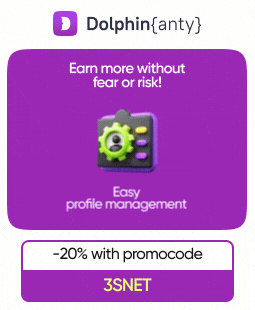![[:ru]bad[:]](https://3snet.info/wp-content/uploads/2019/09/bad-768x475.jpg)
Publication date: 30 September 2019
Amid decrease in real income, Russians are likely to buy dietary supplements rather than pharmaceutical drugs, as prices for the latter are higher.
In August, Russians bought 26.6 million packages of dietary supplements for 5.1 billion roubles. Compared to August 2018, it is, respectively, 10% and 25% more in terms of quantity and money.
According to a research conducted by DSM Group, the dietary supplements market is growing owing to wealthy people who follow health-oriented lifestyle and buy expensive vitamins. Revenue of pharmacies generated from selling dietary supplements grew by a quarter. Average selling price of one package increased from 170.9 to 192.9 roubles.
Russians are more willing to buy Russian dietary supplements. In August, Russian dietary supplements accounted for the larger share of sales: 55% and 83% in terms of money and quantity, respectively.
Among the most popular dietary supplements are vitamins, laxatives, supplements for bowel motility, weight loss, sedatives, and anti-aging supplements.
Growth in dietary supplements sales can also be explained by the fact that more new products of this category are being registered and entering the market.
“Regarding growth in sales of expensive dietary supplements, the trend of the previous year continues: the portrait of the average dietary supplements consumer is changing. It is a representative of a younger and financially stable generation who considers dietary supplements to be a part of health-oriented lifestyle. This category of consumers chooses more expensive supplements,” said Aleksandr Zhestkov, Chief Executive Director of the Union of Dietary Supplements Manufacturers.
On the other hand, dietary supplements sales always grow during periods of economic instability and amid decrease in real income of the population, Nikolas Karo, a board member of the Marketing Guild pointed out. According to Rosstat, real income of Russians decreased by 1.3% in the first half of 2019.
Share it with your friends via favorite social media






























